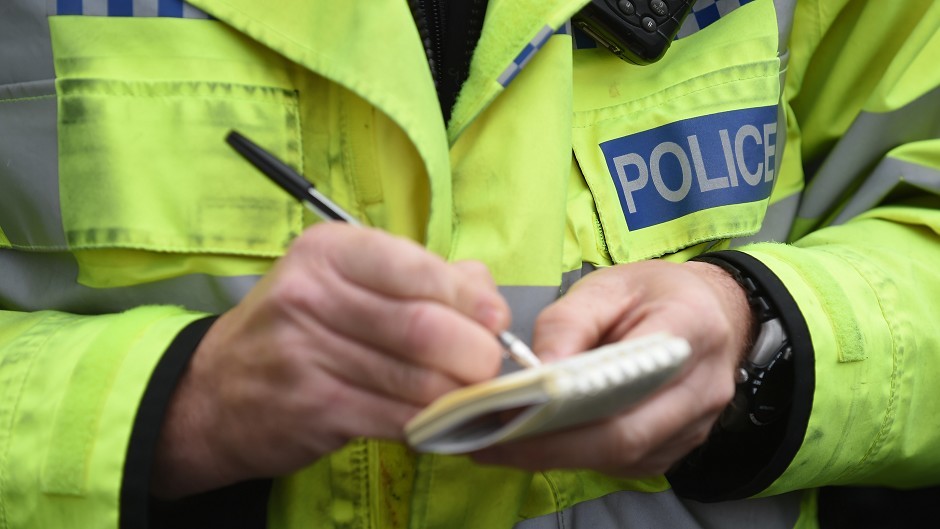Ten youngsters from children’s homes in Aberdeen accounted for a quarter of missing people cases in the city last year – with one youngster reported missing from a home 45 times.
Around 1,120 people disappeared in the city in 2014, with more than 99 percent found safe and well.
Missing person reports accounted for 1.4 percent of the force’s daily workload, while 41 percent of those who went missing did so on two or more occasions.
The figures were revealed in a new report looking at how police deal with such cases in Aberdeen.
The force was praised by inspectors after people who had been helped by officers said they had an “overwhelmingly positive” experience despite the distressing situation they had found themselves in.
HM Inspectorate of Constabulary in Scotland (HMICS) said the division had inherited a “complex” approach to handling inquiries after the merge of eight forces.
But it said that by helping to set up a National Missing Person Unit, investigations had “significantly improved”, there was better leadership and governance and that vulnerable people had more equal access to specialist support.
“Reports of missing people are being properly investigated in Aberdeen,” the inspectors ruled.
The report came just weeks after another inspection revealed that the streets of Aberdeen have never been safer.
It said crime rates were down, detection rates are up – and the public’s confidence in their local bobbies was high.
Last night, Chief Superintendent Adrian Watson, Divisional Commander for Aberdeen City Division, said he was pleased the inspection had been successful, and that the creation of Police Scotland had helped.
He said missing person inquiries were among the most complex his team has to deal with.
“It’s essential that we deal with these types of inquiries with both urgency and sensitivity and tracing the missing person is, of course, the utmost priority,” he said.
“It is also a very distressing time for loved ones and we are acutely aware of the importance of keeping them up to date with the progress of our enquiries to reassure them that we’re doing everything we can to trace their relative.”
HMICS made four recommendations for Aberdeen, including making better use of the information it holds and sharing it with partners to develop ways to prevent, support and protect those who go missing.
Some respondents also felt that the police need to have a better understanding of young people who go missing, and to think of them as at “risk” instead of “troublesome”.
Mr Watson said his team was constantly working to improve its operation.
“We need to keep the momentum going,” he said.
